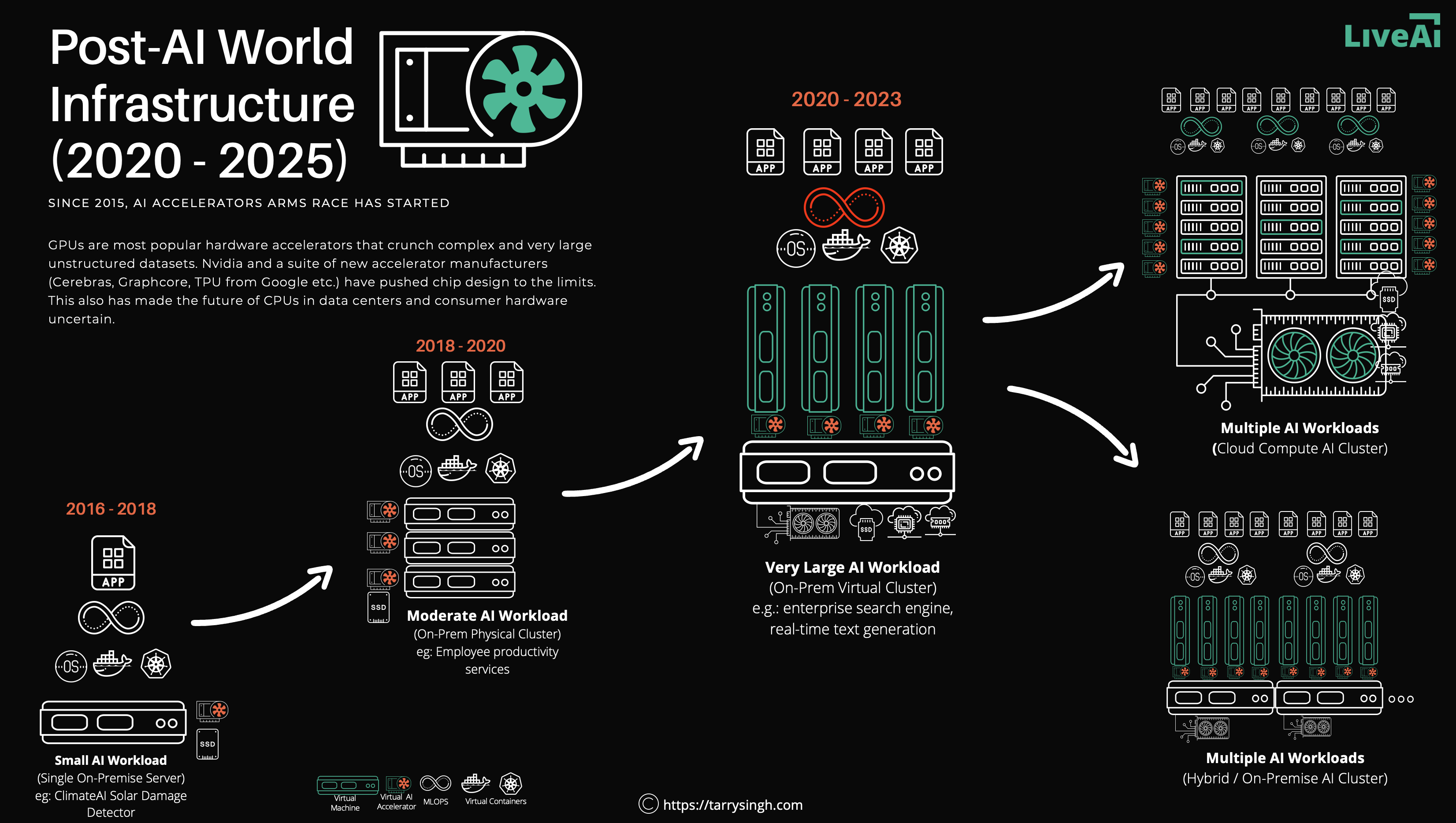Administrative Information
| Title | MLOPs Life Cycle |
| Duration | 60 |
| Module | B |
| Lesson Type | Lecture |
| Focus | Practical - Organisational AI |
| Topic | End-to-end overview of the MLOPs lifecycle |
Keywords
MLOPs,Organizational AI,Ethical,Design,
Learning Goals
- Understanding MLOPs end-to-end
- Understanding Data Ingestion
- Getting familiar with Algorithm Development
- Getting familiar with Model Development and Deployment
- Understanding Continuous Monitoring
Expected Preparation
Learning Events to be Completed Before
Obligatory for Students
Optional for Students
- Data Preparation and Management: Before diving into MLOps, it's beneficial to understand the initial phases of the machine learning process, especially data collection, cleaning, and preprocessing
- Model Training and Validation: A grasp of how models are trained, validated, and evaluated will provide a solid foundation for understanding the operational aspects of ML.
- Hyperparameter Tuning: While not always covered in depth in MLOps courses, understanding hyperparameter tuning can be beneficial as it's a crucial step in model optimization.
- MLOps Tools and Platforms: Familiarity with tools like Kubeflow, Azure ML, and others can give students a head start.
- Documentation Practices in ML: Proper documentation is essential in MLOps for reproducibility and collaboration. Understanding best practices in ML documentation can be advantageous.
- CRISP-DM, CRISP-ML, ML Canvas: These are methodologies and frameworks for ML project management. Having a basic understanding can be beneficial for the operational side of ML projects.
References and background for students
Recommended for Teachers
- N/A
Lesson materials
Instructions for Teachers

- This Lecture will provide a complete overview/foundation of MLOPs lifecycle. The lecture will provide some foundations and background (including some code snippets) that will be required for the following tutorial that will put into practice the MLOps process of testing a model for production purposes. Specifically the lecture will cover:
- AI is Software 2.0 - Pre and Post-World AI
- MLOPs lifecycle: DataOps, Model Ops and DevOps - how does it all fit in.
- Expanding Ecosystem
- MLOPs lifecycle - end-to-end approach
- Data, Model and Code - the backbone of MLOPs
- AI Software and App Stack
- Available tools in the market today
- Understanding various App stacks
- MLOPs Design Elements
- Architectural Choices
- Batch VS Streaming - What is best approach
- Testing strategies - How to rigorously test your ML models
Most of the preparation items are set up and introductions to the tools used.
Outline
| Duration (Min) | Description |
|---|---|
| 10 | AI is Software 2.0 |
| 15 | MLOPs - about great deployment and monitoring |
| 10 | An overview of MLOPs testing |
| 15 | Runtime, Tooling and Performance considerations |
| 10 | A Complete MLOPs testing Paradigm |
Acknowledgements
Tarry Singh. (Real AI B.V., Assen, The Netherlands) https://realai.eu
The Human-Centered AI Masters programme was Co-Financed by the Connecting Europe Facility of the European Union Under Grant №CEF-TC-2020-1 Digital Skills 2020-EU-IA-0068.
